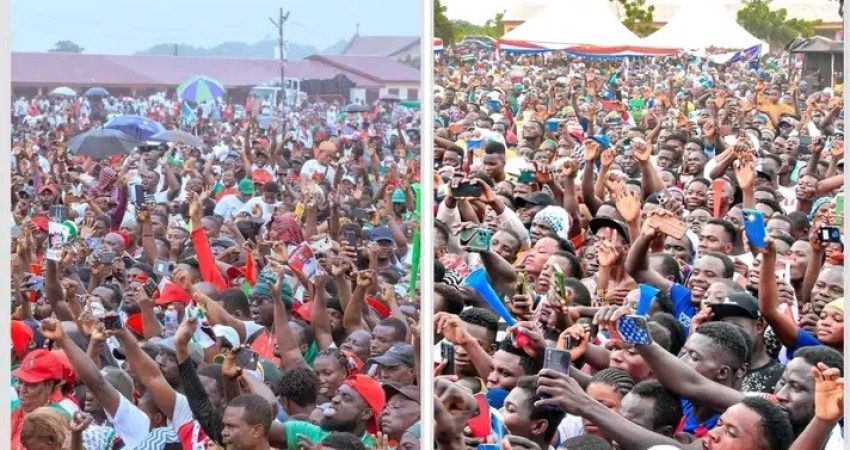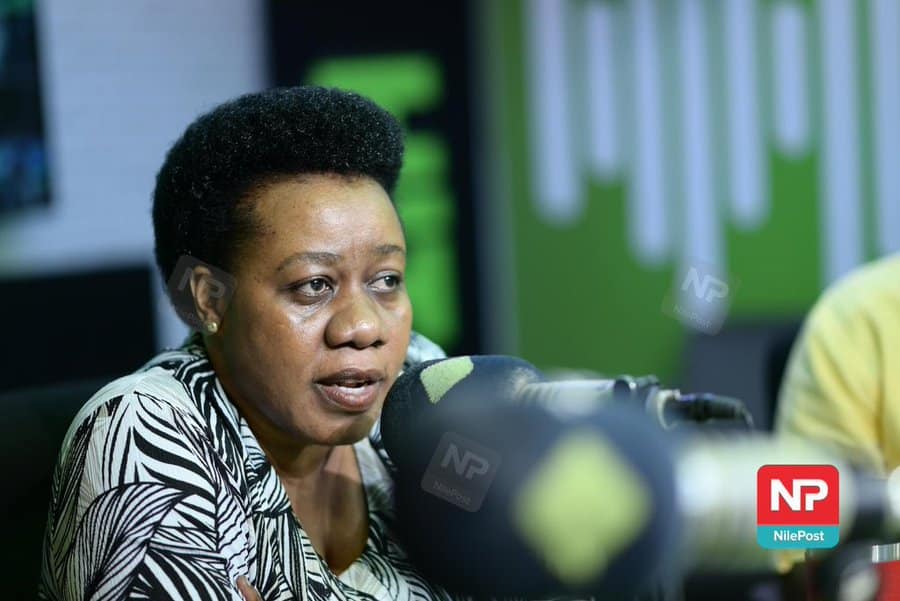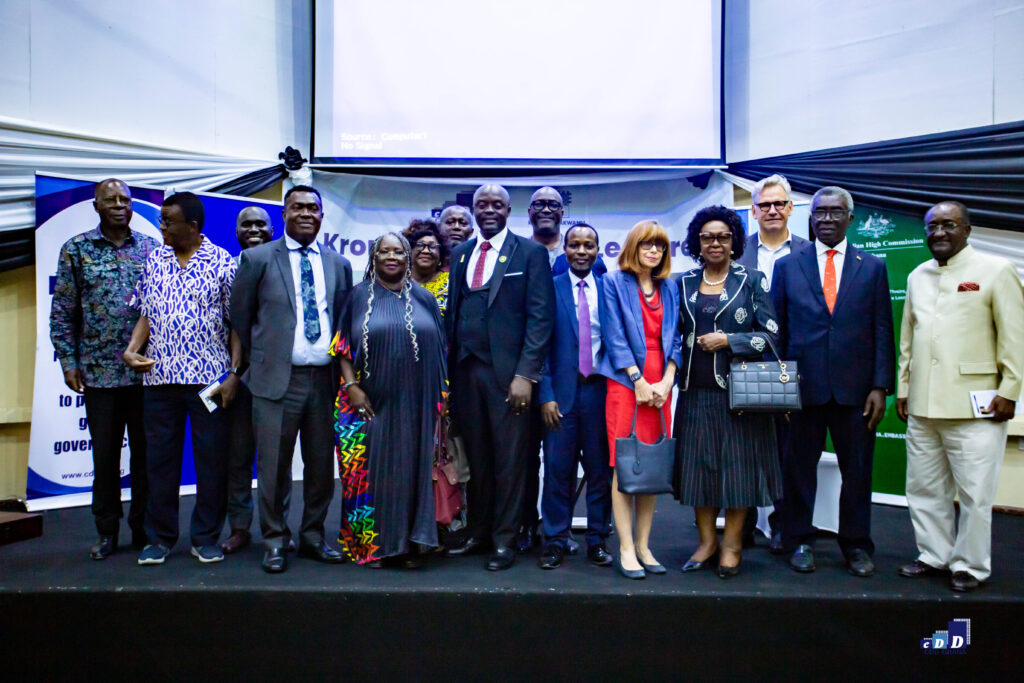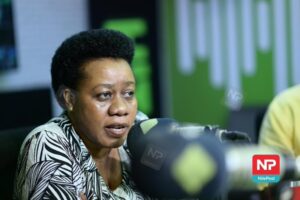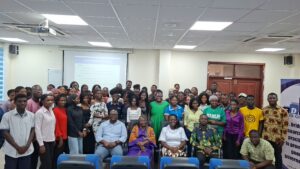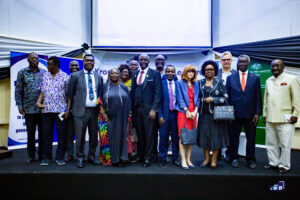The Coalition of Domestic Election Observers (CODEO) released its 2nd pre-election observation statement on November 18. The statement was based on weekly reports from its team of long-term observers in the field during the period October 26 – November 8. The report covers observations from 97 constituencies and makes some very important observations regarding our upcoming elections. In this op-ed piece, I offer my reflections about those observations.
Key Points of Reflection
NPP-NDC dominance of the electoral space. There are twelve candidates on the ballot for the upcoming presidential election. Yet, per the CODEO report, two parties New Patriotic Party (NPP) and National Democratic Congress (NDC) are very active on the campaign trail. Is this a reinforcement of the fact that our multiparty democracy is in fact a duopoly? It also recalls a sentiment Ghanaians have expressed in the Afrobarometer survey. Between Round 2 (2002) and Round 5(2012) the percentage of Ghanaians saying more political parties are needed to give voters “real choices” increased from 57% to 81%. However, between then and the most recent round (2024), that percentage has dropped significantly to sixty-nine percent (69%). Are Ghanaians moving away from the call for more political parties and embracing the NPP-NDC duopoly? Or has the duopoly succeeded in outmuscling other competitors?
The dying art of political party rallies. If I cast my mind back to the transition election in 1992, the main campaign activity was political rallies – the mass assembling of party faithful and other sympathizers to listen to candidates. I am therefore quite struck to read in the CODEO report how house to house campaigns is the key activity for both NPP and NDC. Political party rallies come in a distant third, behind meetings. This is a very radical change from thirty-two years ago and underscores how political parties are recognizing the importance of retail politics.
Two very different campaigns. The number one campaign issue for the NPP, as per the report, is education. It makes sense when placed within the context of the government’s key signature policy – Free SHS. This policy, in my opinion, is warding off some of NPP’s vulnerability going into the December election. In sharp contrast, the economy is the number one campaign issue of NDC. Given the economic pinch points felt over the last few years, it comes as no surprise. What is surprising is the reversal of positions from 2016. Anyone will recall how central the economy was to the NPP’s campaign message as it made a case against the John Mahama administration. Even more surprising is the issue of corruption. By a 62% to 25% margin, the NDC has had messages focused on corruption than the NPP. Again, this is a reversal compared to 2016 when in addition to the economy, corruption featured very prominently as a major NPP campaign message.
Incumbency abuse. This is an issue which regularly comes up during our elections. In instances cited by the report, state vehicles were being used to campaign on behalf of incumbent candidates. Additionally, a vehicle of the government’s District Road Improvement Program (DRIP) was seen branded with the flyer of a parliamentary candidate belonging to the incumbent party. The problem with abuse of incumbency is that those holding and seeking to continue in office fail to draw proper lines between legitimate government business and political campaign activities. In addition, it creates an uneven playing field given the amount of state resources that can be improperly deployed by incumbents. Of course, no one argues government work must stop because it is an election year but given hour regularly the issue come up every election year, a permanent solution is needed to deal with it.
Election security. It is very reassuring to read of no recorded instances of political violence. This is consistent with the findings from the National Commission of Civic Education (NCCE) in its Matters of Concern to The Ghanaian Voter report (October 2024) where 99% of respondents clearly stated their unwillingness to engage in electoral violence. This year’s election is very competitive, but competition is no reason to allow political temperaments to degenerate into acts of violence. It is my hope that the atmosphere continues to remain peaceful.
The Rest of Election Period
One of CODEO’s recommendation, which I agree with, is the intensification of voter education efforts. For this election, the important voter education issue is misinformation and disinformation. In my opinion, this election period is witnessing this phenomenon in proportions that come nowhere close to previous elections. I find it worrying, and although the election is less than fifteen days away, we cannot turn a blind eye to it. Perhaps the lessons from this election will help shape voter education efforts in 2028 on this threat to democracy.
 John Osae-Kwapong (Ph.D) is a Democracy and Development (D&D) Fellow at the Ghana Center for Democratic Development (CDD-Ghana) and the Project Director at The Democracy Project.
John Osae-Kwapong (Ph.D) is a Democracy and Development (D&D) Fellow at the Ghana Center for Democratic Development (CDD-Ghana) and the Project Director at The Democracy Project.


